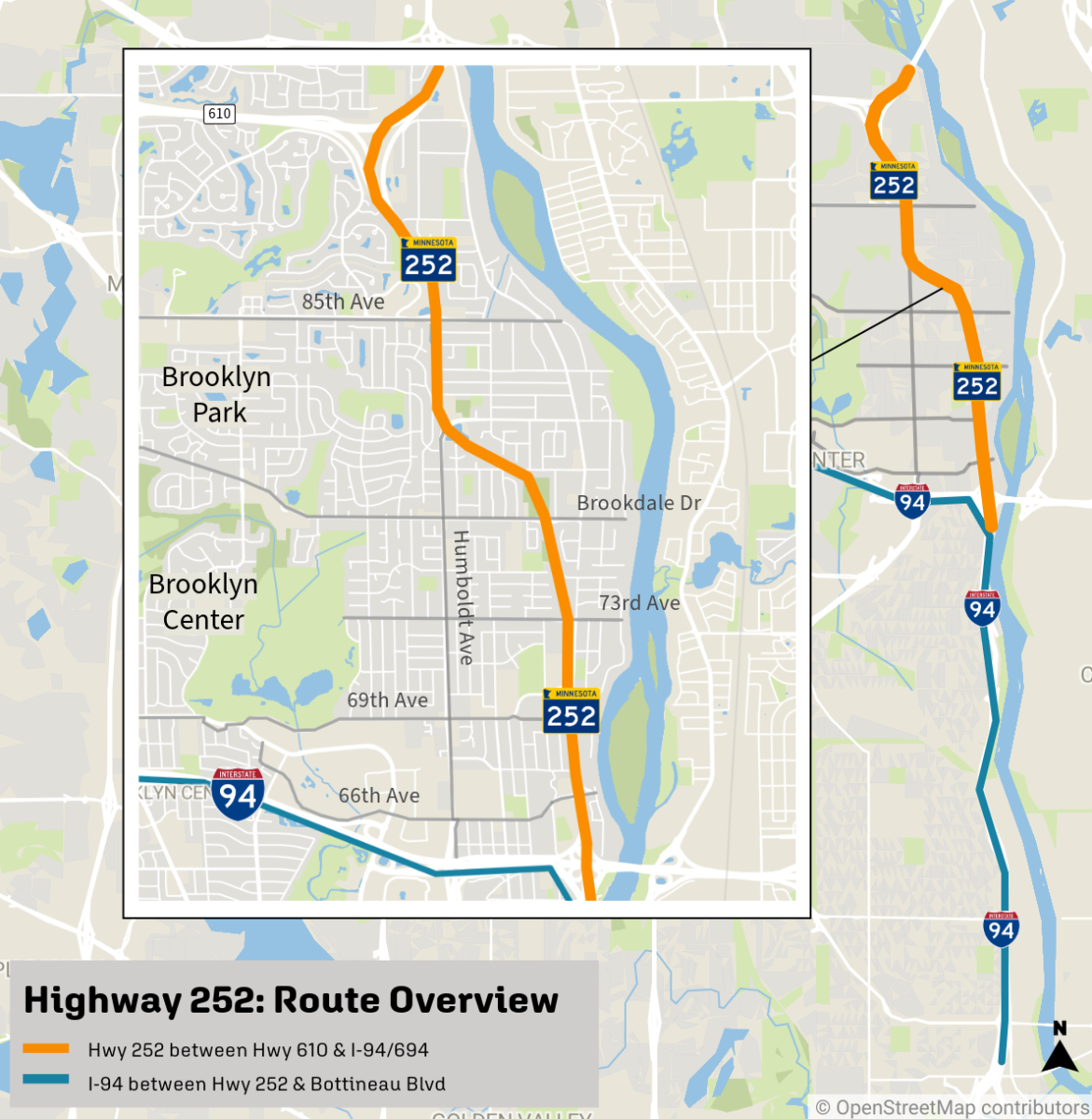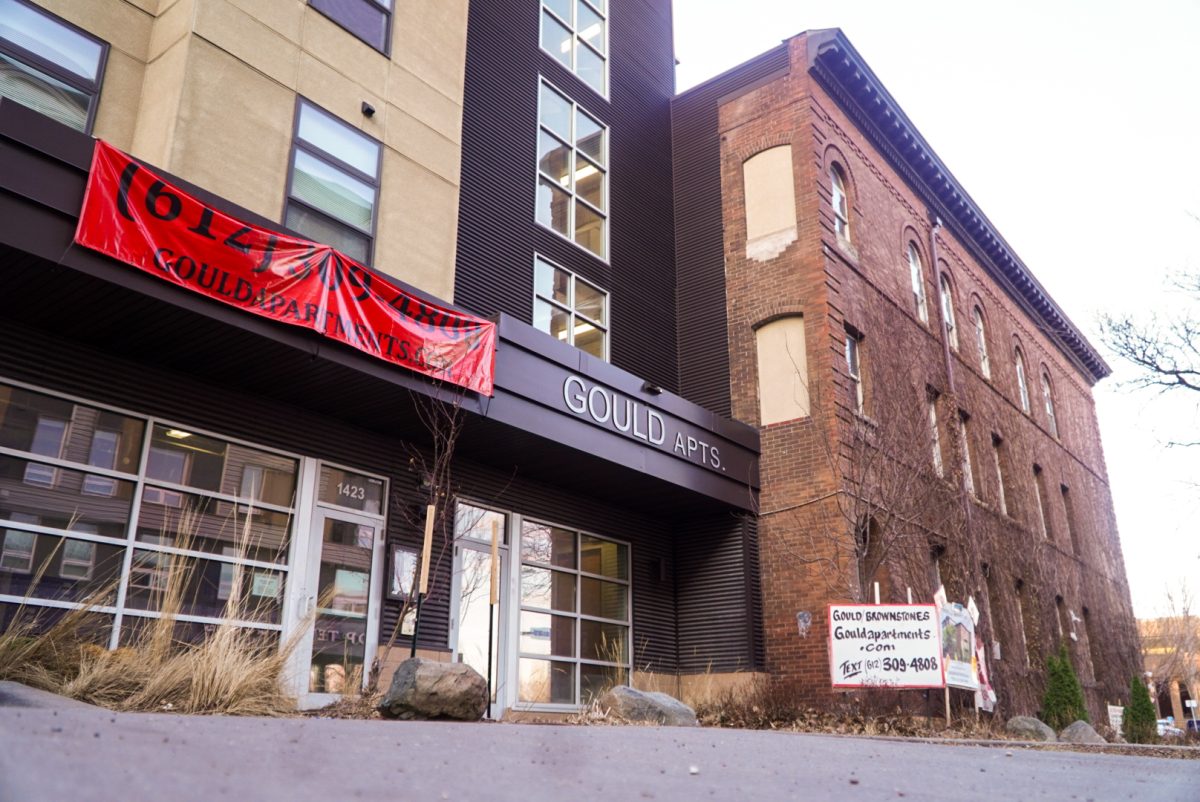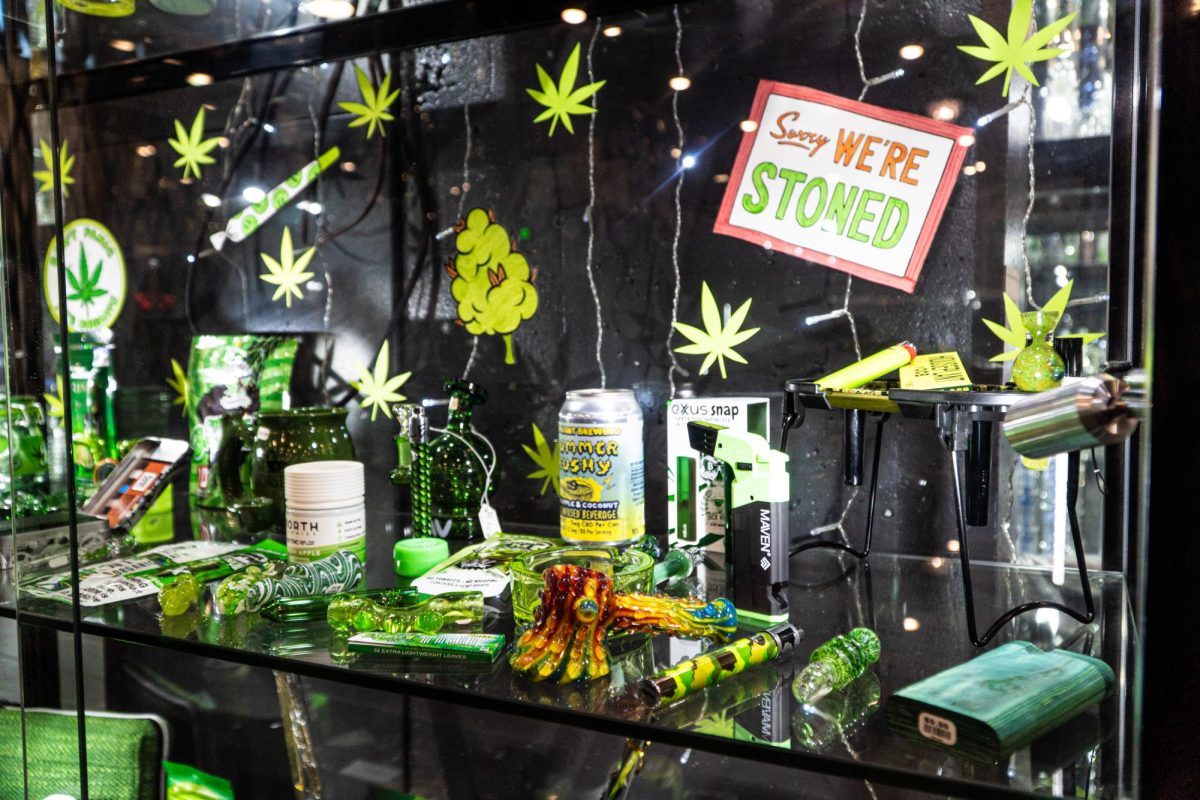Minnesota is planning to expand Highway 252 in the North Metro despite opposition from advocacy groups and city officials in Brooklyn Center and Minneapolis.
The Minnesota Department of Transportation (MnDOT) is proposing turning the highway into a four- to six-lane freeway to improve safety and the flow of traffic. Construction is anticipated to begin in 2029.
MnDOT is hosting a virtual public meeting on Wednesday to discuss next steps for the project, which MnDOT refers to as a freeway conversion.
Expanding Highway 252 would disproportionately harm the communities of color Highway 252 goes through, said Alex Burns, advocacy and policy manager of Our Streets Minneapolis.
“A half-century after the wave of highway construction in America demolished and displaced communities of color to accommodate suburban commuters, MnDOT is doing the same thing here in 2024,” Burns said. “And they are proposing to build a new freeway through the two most racially diverse cities in the state of Minnesota.”
The state could potentially need to demolish dozens of homes and businesses to expand the highway, Burns said.
“They’re going to double traffic and pollution in what’s already an environmental justice community,” Burns said. “They’re going to cut off Brooklyn Center and Brooklyn Park residents from the Mississippi River.”
While the current state of Highway 252 is unsafe, other strategies include reducing lane widths, improving pedestrian crossings and narrowing intersections that would improve driver and pedestrian safety without hurting the local communities, Burns said.
“I think that that is absolutely something that is feasible,” Burns said. “It would be a lot cheaper, it would be a lot quicker to implement, and it would be a lot less destructive.”
City officials urge MnDOT to consider alternatives
Our Streets is not the only group against the expansion. The Brooklyn Center City Council and Mayor April Graves rejected the state’s plans in September, asking that MnDOT explore more options.
In a statement from September, Graves said MnDOT asking for opinions on Highway 252’s design options before the environmental impact study was completed proves that MnDOT feels the environmental study is “merely symbolic.”
“If safety and equity are truly goals of this project, then I would expect that we would want to study alternatives that are not all freeway options to ensure we have a true understanding of how to best address the long-standing safety issues on 252,” Graves said in the statement.
MnDOT completed an equity and health assessment in 2023, which recommended the state look at non-freeway alternatives for safety improvements for Highway 252.
Burns said that even with those recommendations from their report, these alternatives have not been properly explored by MnDOT.
“That report has just been completely sidelined and ignored,” Burns said.
Minneapolis passed a resolution in 2020 against adding lanes to Highway 252 and instead encouraged expanded public transit in North Minneapolis and better protections for pedestrians and cyclists.
Burns said it is important community members of Brooklyn Park, Brooklyn Center and North Minneapolis understand how this project will affect them. Our Streets has begun a door-knocking campaign to educate residents about the potential highway expansion.
“If they’re interested, (we’re) offering them opportunities to either share their story with us or to get in contact with MnDOT and their elected representatives,” Burns said.
Additionally, Our Streets started a campaign for people to send letters to MnDOT and elected officials near Highway 252 and ask them to consider alternatives.
Burns said that MnDOT’s claims of the expansion being safer for drivers and pedestrians are misleading.
“What they’re saying right now is that a new freeway will reduce crashes on Highway 252 because the faster that cars are moving, the less congestion, the less crashes,” Burns said.
MnDOT needs to listen to community input from the residents this project is directly impacting before it expands the highway, Burns said.
“We just wanna make sure that before it’s too late, people have an opportunity to make their voice heard,” Burns said.
Correction: A previous version of this article stated construction is anticipated to begin in 2028.















Nahid Khan
Nov 11, 2024 at 8:17 pm
Doubling traffic and turning Hwy 252 into a major truck route, with increased speeds on a freeway will not improve safety or congestion. The Met Council’s Transportation Policy Plan (all editions) says that Hwy 252 through BP and BC, and I-94 through BC and N Mpls, is congested for less than 1 hour a day. Increased speeds (from 55 mph to officially 65 mph, but in reality 75 mph or higher), huge increase in vehicle numbers, including of large 18-wheel semi trucks, and too many freeway interchanges in a short stretch (less than 4 miles) will make a freeway design MORE dangerous than it currently is in terms of traffic safety. But even more important is the fact that 11x more people die from freeway traffic induced air pollution than die from freeway traffic crashes. N Mpls and BC already have the state’s highest rates of hospitalizations and deaths from respiratory diseases such as asthma and COPD, partly because of existing overexposure to freeway air pollution, especially in the case of BC. But MnDOT refuses to address this serious harmful impact of a freeway design. Increasing the number of vehicles, vehicle miles traveled, the physical size of a freeway and all the concrete involved has major equity, health and environmental harms for three working class, lower income and BIPOC communities that barely get lip service from MnDOT in this day and age of increased greenhouse gas emissions, climate change and global warming. MnDOT also is ignoring the impacts of a freeway expansion project on the whole Mississippi River ecosystem which is vital for our area’s environmental health. MnDOT also ignores the destructive impact of enormous property seizure for this project for the tax base of BC and BP in particular, and that the result will be major increases in property taxes for residents who cannot absorb them, especially in BC. The people of N Mpls, BC and BP live in environmental justice areas as defined by the State Legislature, and need projects that improve our environment significantly. Freeway expansion will harm our environment and health and worsen the existing inequitable conditions for the people of the three cities of the project area. Non-freeway and / or freeway reduction projects to improve safety and quality of life are what are needed, not wasteful and harmful ones such as freeways.
Mark Hove
Nov 11, 2024 at 7:26 pm
I found the following recent Science Friday podcast discussing how highway expansions often result in slower traffic, among other troubles (podcast title is “Why More Highway Lanes Means More Traffic”). Perhaps your readers would also find it informative.
Elliot F
Nov 11, 2024 at 4:51 pm
I understand and agree with the need for freeways and highways, but I also support listening to the community who has to actually live near whatever is being built. These planners need to do as much as possible to meet the people’s wishes and otherwise strive for compromise if what they want can’t be 100% reached.
For this project specifically, how is what is currently there inadequate? It’s already a six-lane highway.
Steve Hauser
Nov 11, 2024 at 1:14 pm
I lived in Brooklyn Park when the current version of 252 was opened in 1987. I think it was a mistake to not make it a freeway from the get go.
I don’t appreciate Burns “racializing” what is a civil engineering issue. Regardless of whether or not 252 is converted to a freeway, pedestrian access to the river would better gained by adding pedestrian bridges than by narrowing lanes. The narrowing of lanes would likely result in more accidents.
I believe MnDOT thinks a freeway would be safer than the present configuration because traffic would likely keep moving without a stoplight every four or five blocks. I agree, but, I must admit, I’m not a civil engineer.